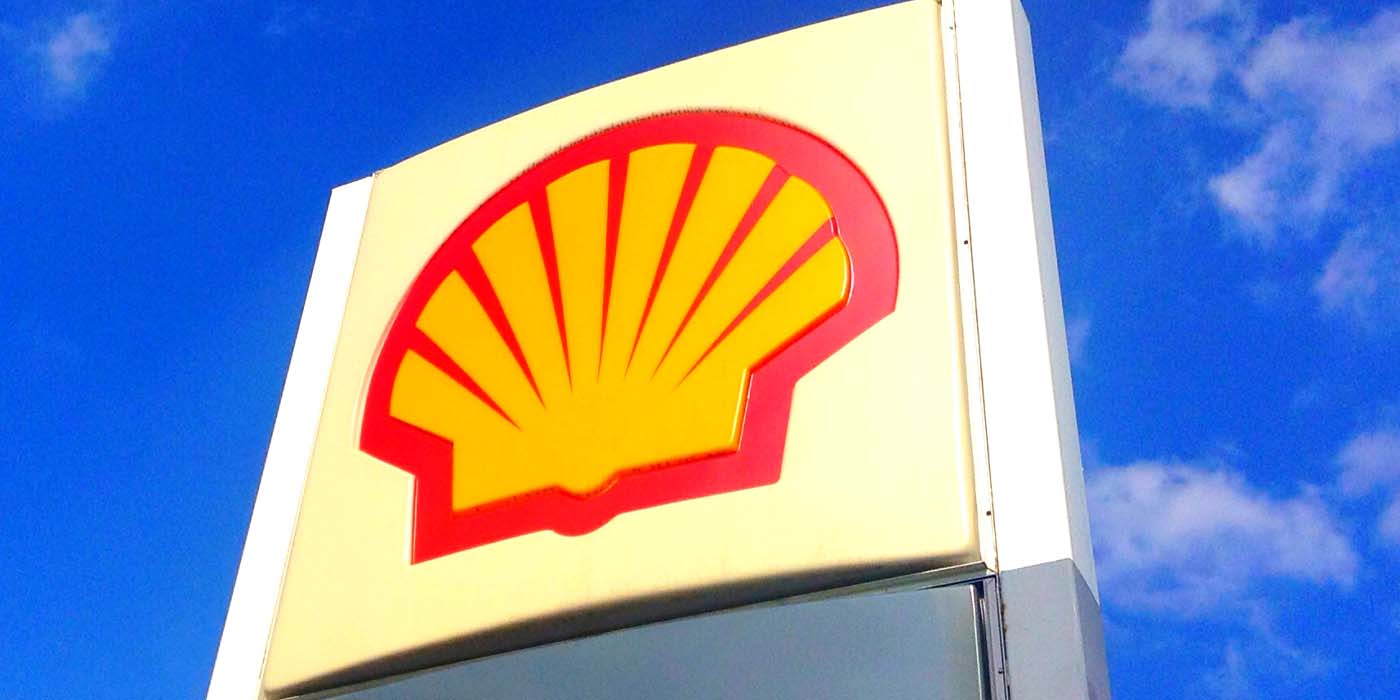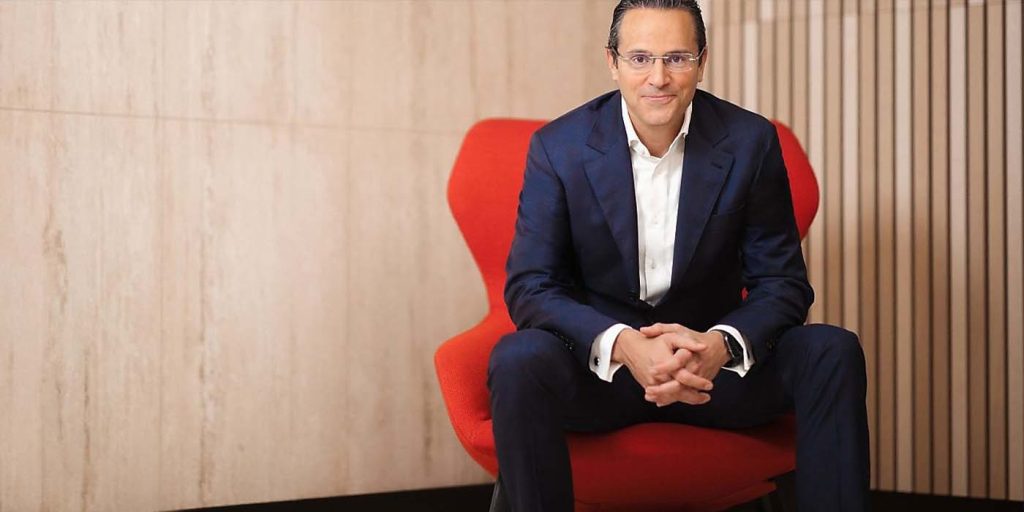
Less than two years into his tenure as head of Shell’s renewables business, Thomas Brostrøm is exiting the company to “pursue an external opportunity,” according to a spokesperson for the company. Brostrøm’s exit follows Shell CEO Wael Sawan’s highly criticized strategy to shift back to more oil and gas production, investing less into renewable energy.
Shell is a company we cover from time to time here on Electrek, and it’s usually not the best news. Recently however, we have celebrated some efforts of the global polluter as it continues to buy up EV charging networks and implement more and more infrastructure into its existing roster of gas stations around the world.
Under former CEO Ben van Beurden, Shell began a (minimal) shift from oil to new forms of energy like wind and solar. Most of it was court ordered, but van Beurden did put policy and people in place to help the company reduce greenhouse gas emissions and repeatedly challenged governments and other corporations to optimize global energy consumption beyond their supply chains.
One of van Beurden’s hires in the summer of 2021 was Thomas Brostrøm – a former North American CEO of offshore wind giant Orsted. Brostrøm signed on as Shell’s senior vice president of global renewable solutions before being promoted to the head of renewables last year.
Since then, van Beurden has retired, leaving the CEO position open for Wael Sawan this past January. Van Beurden was no saint, but Sawan has described his approach to bolstering Shell’s value as “ruthless,” openly committing to the companies upstream business in oil and gas.

Shell loses a clean energy asset in push for more oil sales
Thomas Brostrøm’s exit comes at an understandable time given the recent actions of his now former CEO. Sawan recently balked on Shell’s energy transition plans after investors displayed a lack of confidence in the efforts.
Despite profiting a record $40 billion last year, Sawan vowed to ramp up the company’s dividends and share buybacks while keeping Shell’s oil output steady through the rest of the decade. In March, Sawan went as far as eliminating Brostrøm’s role of executive vice president for renewable generation altogether, when he split Shell’s renewables and low-carbon divisions to try and boost returns – all while flirting with the idea of ditching oil reduction output targets entirely.
The writing was already on the wall when Sawan committed to Shell’s upstream oil business earlier this month:
Performance, discipline, and simplification will be our guiding principles. We will invest in the models that work – those with the highest returns that play to our strengths.
Shell says that Brostrøm will be succeeded by the current vice president of Shell Energy Australia, Greg Joiner. His new title will be the head of Shell Energy Europe and Emerging Markets Power.
This feels like an appropriate time to point out that the CDP’s Oil and Gas Benchmark report, published alongside the World Benchmarking Alliance today, shows that the oil and gas sector “has made almost no progress towards the Paris Agreement goals since 2021.”
Awesome.
FTC: We use income earning auto affiliate links. More.







![From $189 a month: 5 of the best EV lease deals in November [Updated]](https://i0.wp.com/electrek.co/wp-content/uploads/sites/3/2025/07/Hyundai-new-IONIQ-6-EV-8.jpeg?resize=1200,628&quality=82&strip=all&ssl=1)





